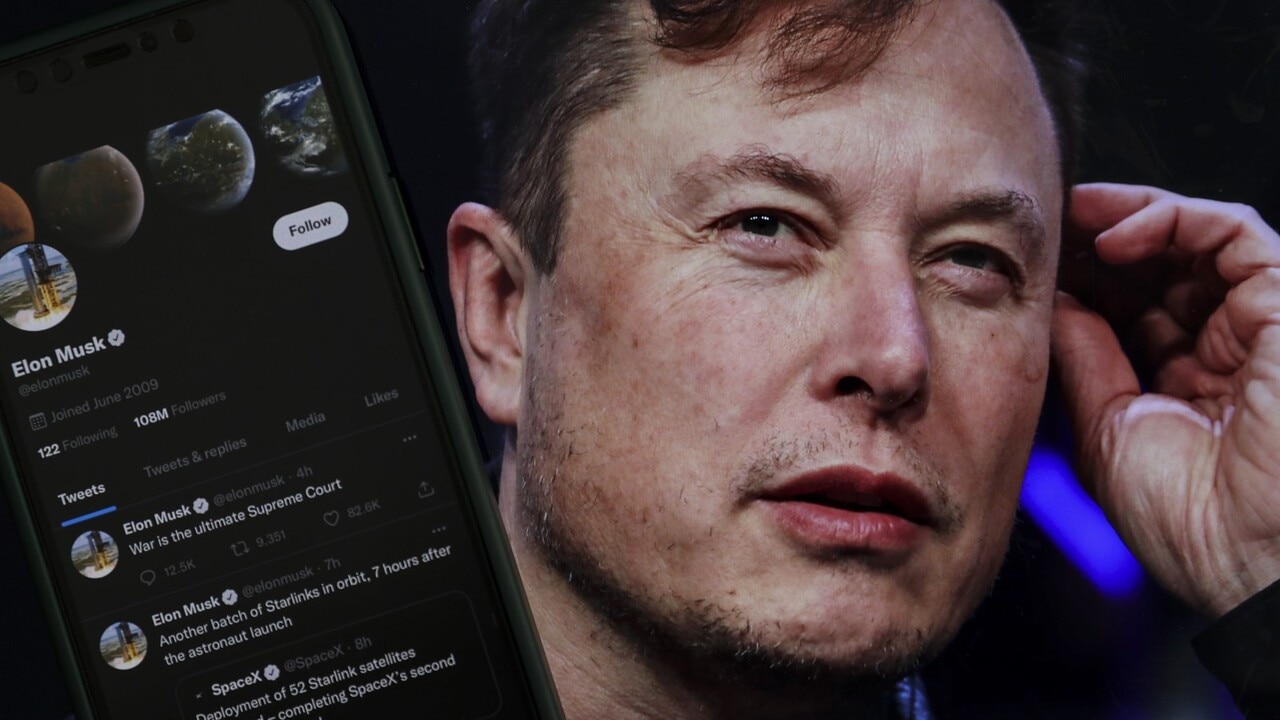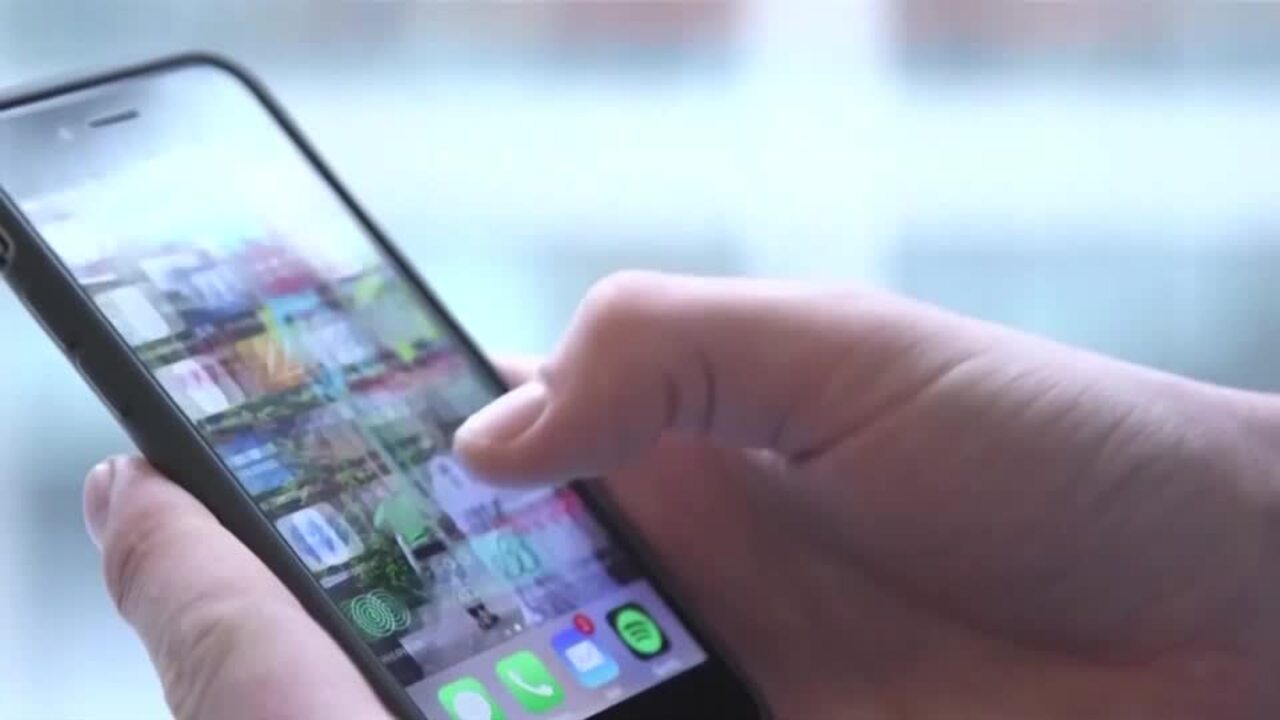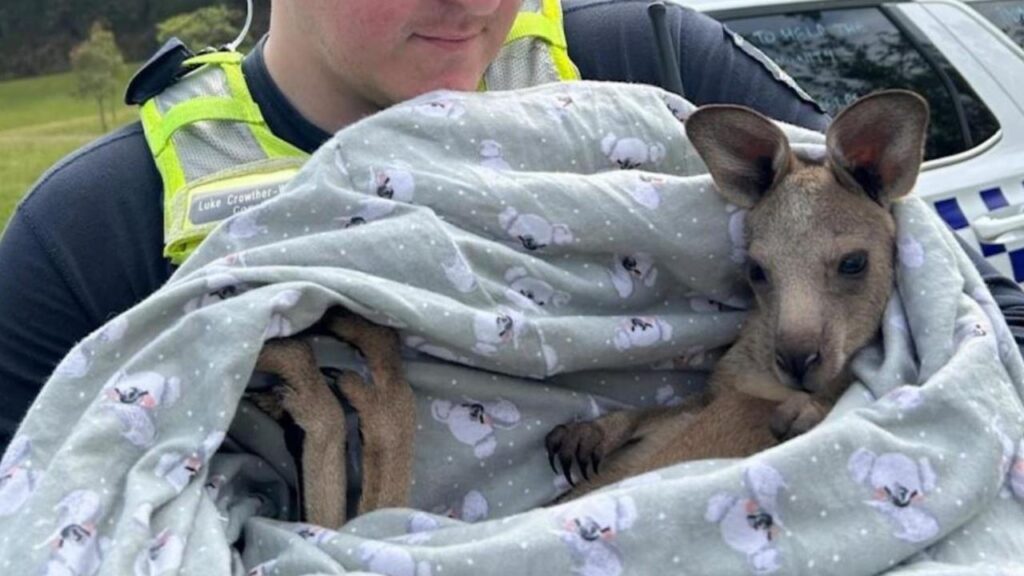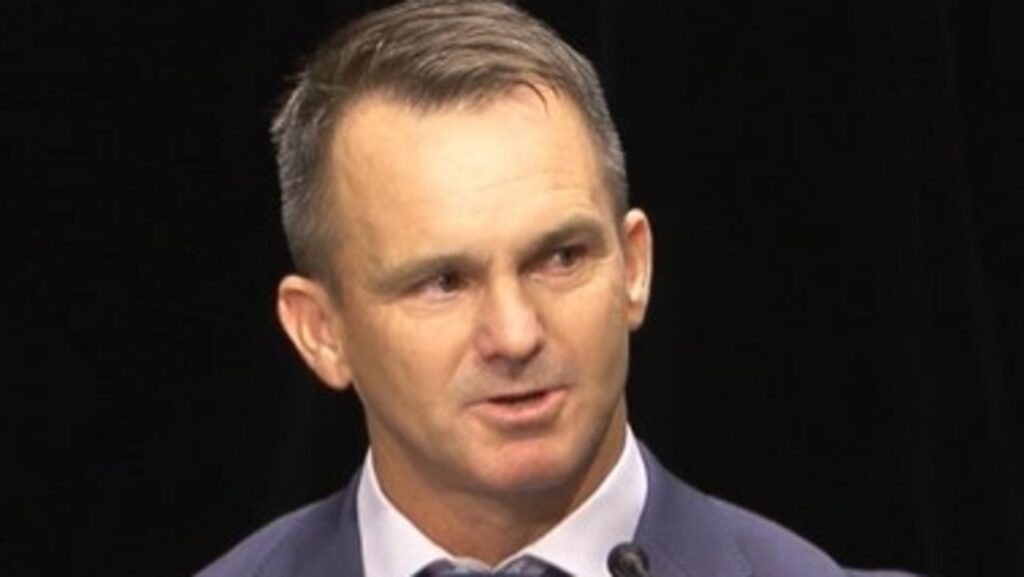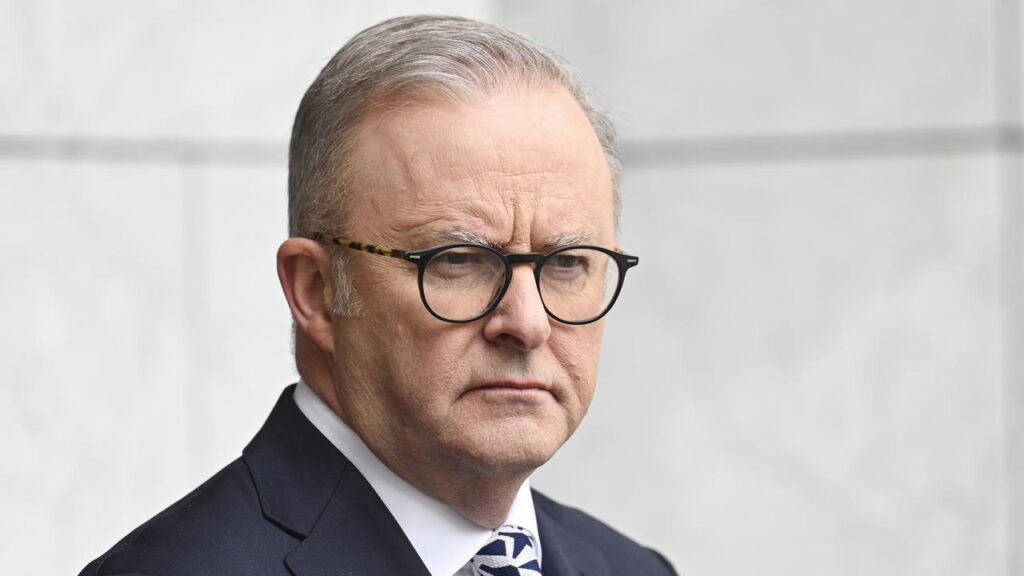Musk’s surprise backer in fight with Albo
Written by admin on September 15, 2024
Tech barron Elon Musk has found a surprise ally in the Coalition after he called the Albanese government “fascists” over its re-vamped misinformation laws targeting social media companies.
Opposition communication spokesman David Coleman weighed in on the stoush on Sunday, appearing to throw his support behind the billionaire instead of backing the Australian government on the global stage.
Prime Minister Anthony Albanese on Saturday hit back at Mr Musk’s inital post, saying social media “has a social responsibility.”
“If Mr Musk doesn’t understand that, that says more about him than it does about my government,” he told reporters.
Mr Musk doubled down on Saturday night, posting: “Far left fascists love censorship.”
Asked if he agreed with Mr Musk’s statement, Mr Coleman, who claims the misinformation bill threatens free speech, said he “wouldn’t use those words” but went on to attack the government.
“I mean, I would say incompetent, grossly incompetent,” he said.
“I would say contemptuous of free speech. There’s a lot of things you could say.
“I would say, more generally, weak, indecisive, and so on. But that’s (fascists) not a term that I would use.”
The government’s misinformation bill has not even been through the opposition’s shadow cabinet yet, but its future is already looking grim.
The legislation, a version of which was knocked back last year, comes amid widespread concerns of both deliberate and unintentional falsehoods flooding social media around contentious political issues.
But the Coalition says the proposed laws are riddled with red flags for freedom of speech.
Mr Coleman warned on Sunday Australians could face consequences for expressing “unintentionally misleading statements”, and said the legislation handed too much power to “experts”, whom “aren’t always 100 per cent.”
“In the explanatory memorandum of the bill, it expressly says it includes opinions … and it doesn’t have to be an opinion that’s malicious or deliberately designed to harm people,” the Liberal MP said.
“It just has to be an opinion which does various things and is supposedly reasonably verifiable as false.”
Increasingly, what happens online is flowing into the real world.
Misinformation swept platforms following the deadly Bondi stabbings in April, with prominent alternative social media influencers falsely accusing a Jewish student of carrying out the attack.
Days later, after an Assyrian Orthodox priest was stabbed mid-liturgy, demonstrators clashed with police outside the clergyman’s church, with Russian state media fuelling the ire online.
Much of the false information spread on Mr Musk’s platform.
The proposed laws unveiled by the government earlier this week expand the media watchdog’s powers to crack down on social platforms, including the ability to slap companies with fines as high as 5 per cent of their global revenue for not combating misinformation.
Communications Minister Michelle Rowland said claims deemed misinformation or disinformation under the proposed laws had to be something “seriously harmful and verifiably false”.
“It is a very high threshold for what constitutes serious harm,” she told the ABC on Thursday.
But Mr Coleman said on Sunday it was better that Australians “talk about stuff” and “debate ideas”.
“If someone says something that’s wrong, challenge it,” he said.
“Win the debate.”
Read related topics:Elon Musk

